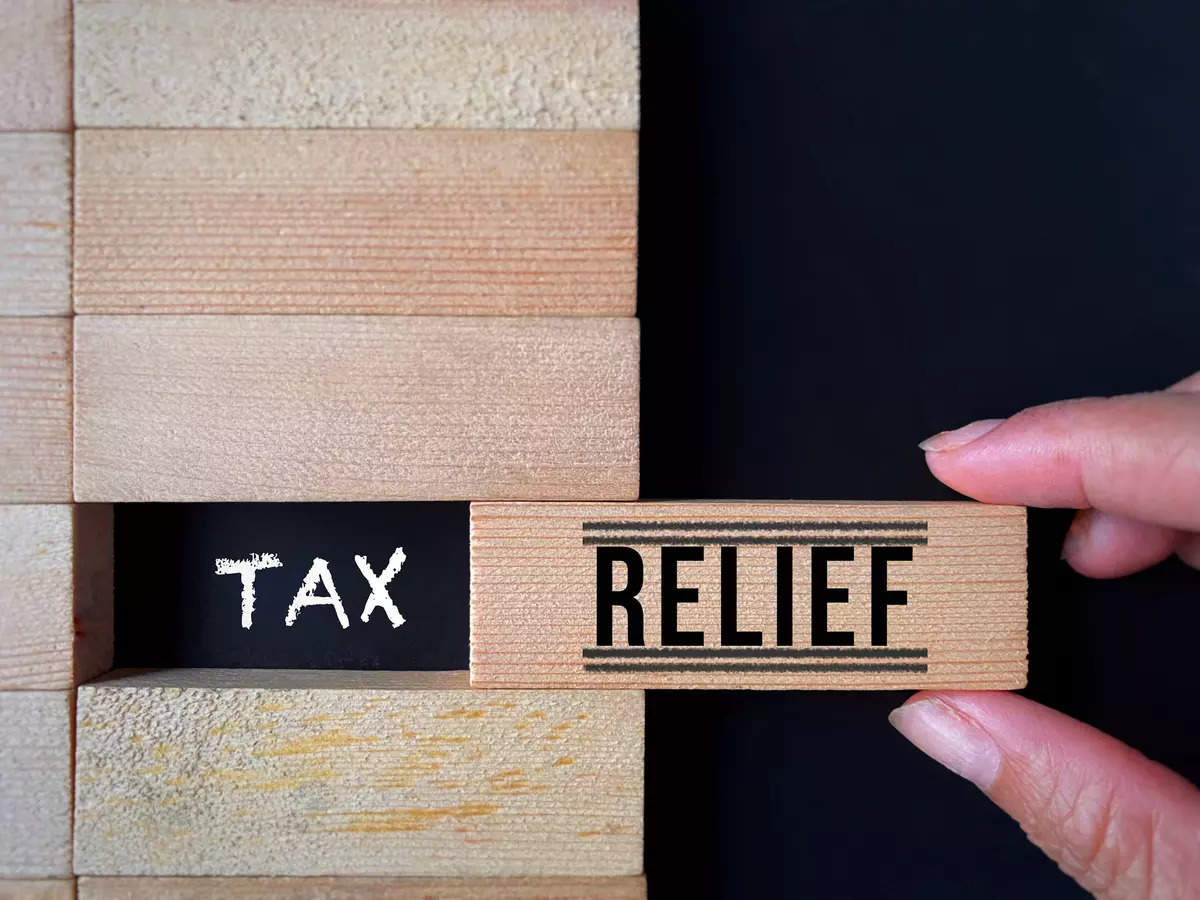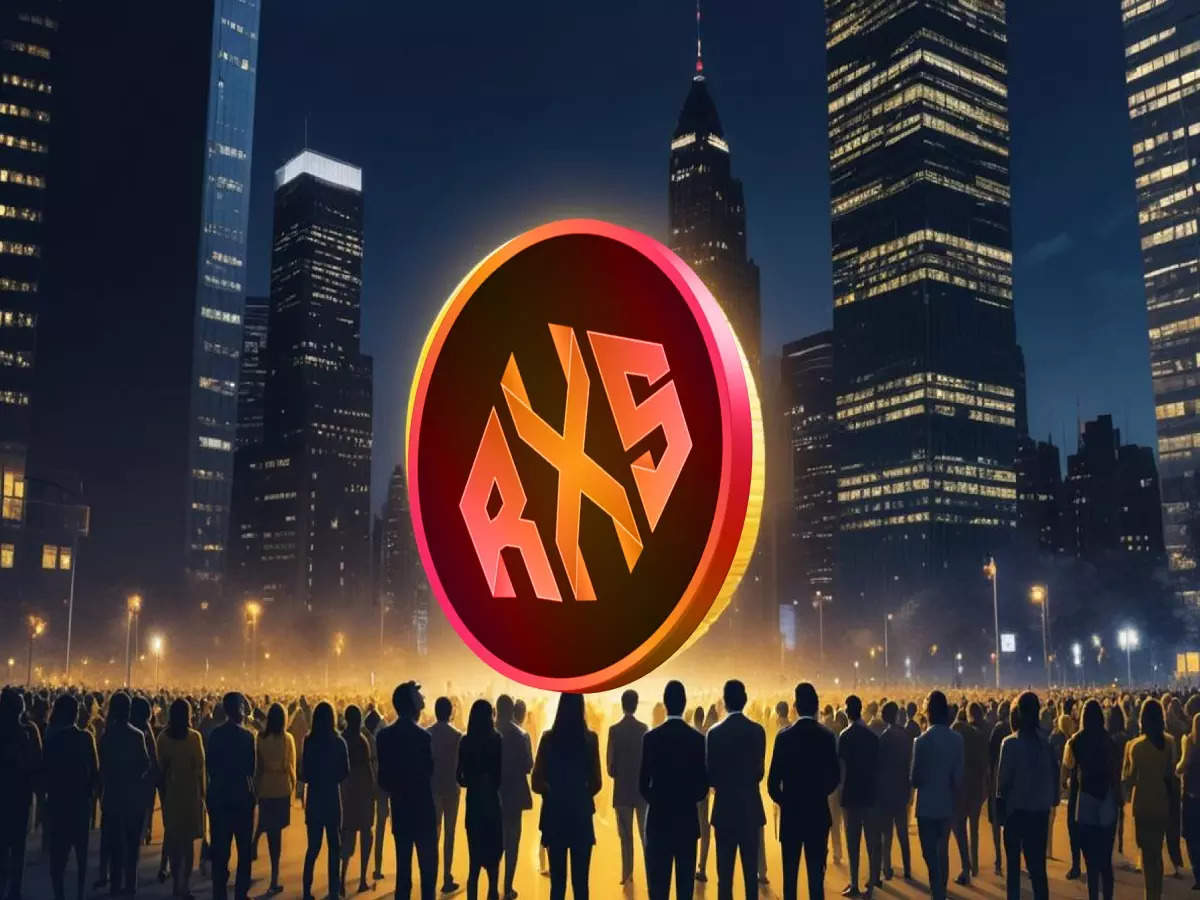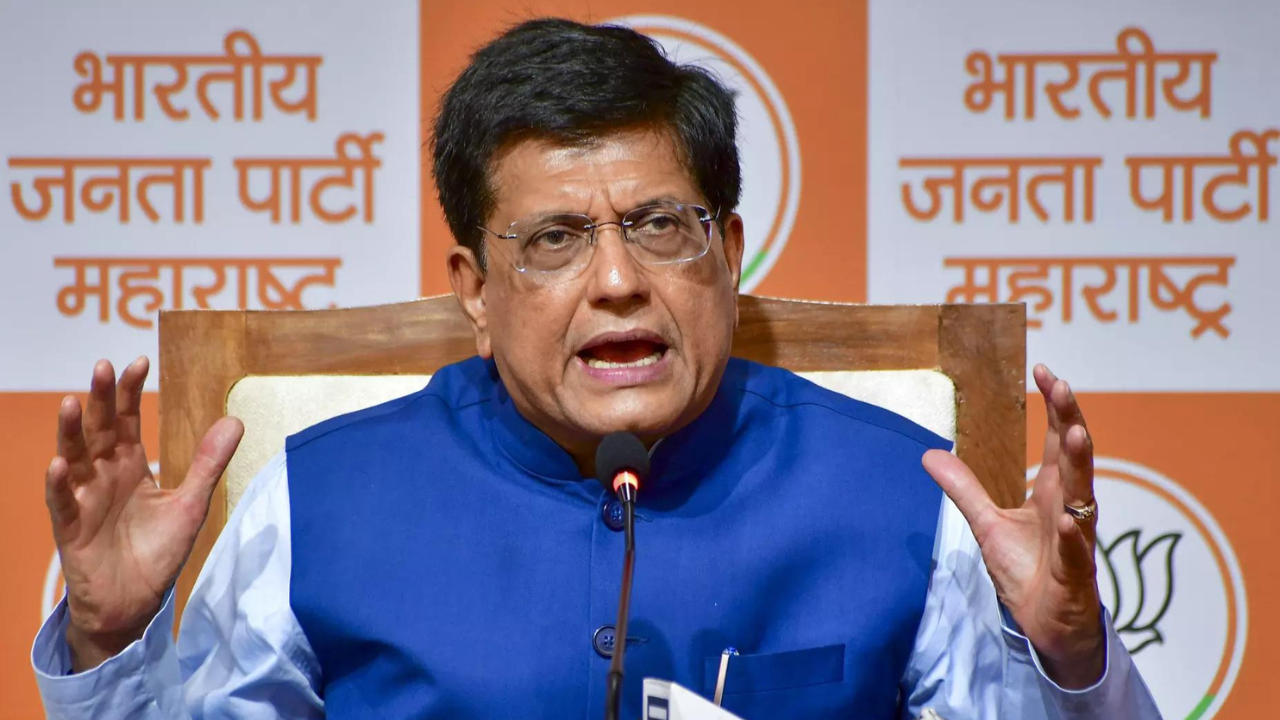
SEN. Jinggoy Estrada, newly elected Senate president pro tempore, stressed that the recent reorganization in the chamber was purely an internal matter among its members, and there were no external pressures that precipitated it.
We, as taxpayers, should not simply take this as satisfactory and adequate. After all, the Senate is a body elected by the people, and we should hold them accountable. It is our taxes that finance its day-to-day operations, including the salaries of its members and employees. As such, the Senate owes us an explanation, not simply because it is our right to be properly informed, but more importantly, there are many things surrounding the ouster of former Senate president Juan Miguel Zubiri and his replacement by Sen. Francis Escudero that do not simply add up.
A Senate reorganization is imbued with public interest, and our right to an explanation cannot be dismissed as unnecessarily dipping our fingers into other people's business. The Senate of this Republic is our business, and we have a right to be informed about everything that happens there, unless it is so classified and is a sensitive state secret.
Section 16(1) of Article VI of the 1987 Constitution is clear. It states that, "The Senate shall elect its President and the House of Representatives its Speaker, by a majority vote of all its respective members." One does not have to be a genius to extract from this a reading that points to the fact that the election of the Senate president, and of the House speaker, should be done publicly, in full view of the people to whom their members are accountable.
While the valedictory speech of Zubiri, and the nomination and ascension of Escudero to the Senate presidency were done in plenary, there was no formal motion to vacate the position and no recorded vote. It was apparent that the plenary proceedings were a mere formality of something that had already been forged in the backrooms of the chamber. Nothing could be clearer as evidence of this than the apparent surprise by Zubiri and his allies about the decision of Sen. Ronald de la Rosa to vote for his ouster. De la Rosa even cried while Zubiri was giving his valedictory address and embraced his wife. Zubiri praised and thanked him because he thought de la Rosa would stay with him until the very end.
Zubiri has correctly described this move of de la Rosa as strangest among all things that he experienced as a legislator. After cryptically alluding to displeasing the powers that be as the reason for his ouster, Zubiri has now come out publicly and boldly stated that it was in fact de la Rosa who was the main reason why he lost his job, probably alluding to the latter's much-criticized hearing about the so-called PDEA leaks which implicated President Ferdinand R. Marcos Jr.
What is strange is that this move of de la Rosa and the other pro-Duterte senators, who all voted for Escudero, has effectively taken out the logic from the allegations that the reason why Zubiri was ousted was because he tends to lean toward the Dutertes. Being cited as another of Zubiri's possible alleged transgressions, in addition to allowing de la Rosa to conduct his hearing on the mere say-so of a double-hearsay, was his inordinate delay in the issuance of an arrest warrant for Apollo Quiboloy, who was cited for contempt by the Senate. But even Senators Cynthia Villar and Imee Marcos, who opposed Quiboloy's arrest, voted with Senators Robin Padilla and Bong Go, who also opposed such arrest, and other pro-Duterte senators to install Escudero.
There are also those who believe that it was Zubiri's opposition to Charter change through a people's initiative that caused his downfall. However, this reasoning just simply falls flat considering that many senators who voted for Escudero are also opposed to such a move.
And then there are those who believe that Zubiri's fate was sealed by the poor record of the Senate in passing bills that have already been approved in the House, including even those that were identified by President Marcos as priority bills. But then again, if this is the case, then how come there is no massive revamp in the Senate committee chairmanships, except those vacated by Zubiri allies who decided to resign from their committee posts.
As a case in point, Senator Villar remains chair of the committee on environment, natural resources and climate change which has become a graveyard for some important environment-related bills already approved by the House, such as the proposed National Land Use Act and the Sustainable Forest Management Act. To be fair, Villar appeared to have softened her initial opposition to the proposed amendment to the Rice Tariffication Law, which is supported not only by the House but even by President Marcos.
Delay in Senate action cannot be solely the fault of the Senate president, but also of its members who chair committees, for prioritizing investigations in aid of legislation, instead of tackling proposed bills. The other problem of the Senate is structural. It only has 24 members — each of whom behaves like independent republics simply because they have a national mandate — attending to the same workload as the House with over 300 members. This would require structural remedies that would include increasing the number of senators to add more warm working bodies, electing them from senatorial districts to deflate their egos, among others. Some would even suggest shifting to a unicameral legislature.
All the possible reasons for Zubiri's ouster are undermined by the manner of the voting. Every alleged reason is negated by how some senators voted. But there must be a reason, and we should not be content being told that it is an internal matter and is not our business. The Senate is a public office financed by taxpayer's monies. It is not comforting for us taxpayers to be told to accept that the Senate has become hostage to the confluence of personal agendas, ambitions and grievances, where senators replace their leaders in secret simply because they can.
Read The Rest at :









